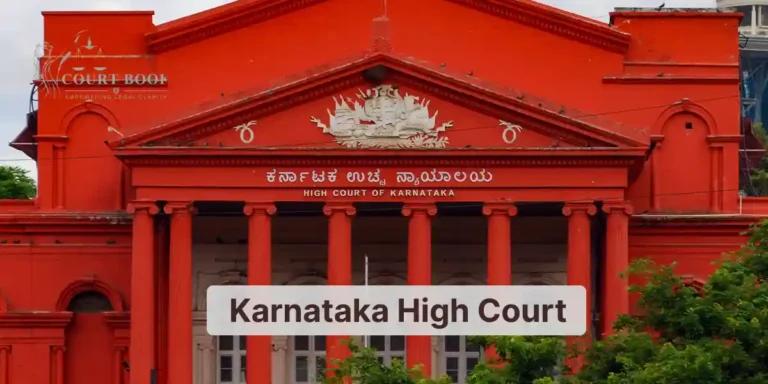The Karnataka High Court has dismissed a Public Interest Litigation (PIL) that challenged the recent fare hike in Bengaluru Metro, also known as 'Namma Metro'. The verdict, delivered on April 1, upheld the decision-making power of the metro administration concerning fare adjustments.
A division bench comprising Chief Justice N V Anjaria and Justice K V Aravind rejected the petition filed by Sanath Kumar Shetty, an automobile engineer employed in a private company. The court emphasized that fare determination falls under the jurisdiction of the metro administration as per the governing law.
Read Also:- Karnataka HC Rules That Writ Jurisdiction Cannot Decide Third-Party Rights in Arbitration Matters
“As far as the present subject matter of fare increase is concerned, it is carried out under Section 33 of the Metro Railways (Operation and Maintenance) Act, 2002. The provisions of this section clearly empower the metro administration to fix fares from time to time, a responsibility undertaken by a designated fare fixation committee.”
“The fare determination for metro rail operations is a statutory function entrusted to the fare fixation committee. It is an expert-driven exercise that does not fall within the domain of judicial scrutiny unless a statutory infringement is identified.”
The petitioner argued that the fare hike amounted to a 71% increase, which violated the principles of promissory estoppel and legitimate expectation. He contended that the fare should be determined on a station-to-station basis rather than the current stage-wise system, where a single stage covers multiple stations.
The plea sought a court directive mandating the reassessment of fare revision through a specially appointed committee, including public representatives, to ensure fairness. It also requested that the Bangalore Metro Rail Corporation Limited (BMRCL) limit any fare increase to 25% of the previously prevailing fare as per a public press release issued on October 20, 2024. Furthermore, the petition urged the BMRCL to comply strictly with Section 33 of the Metro Railways (Operation and Maintenance) Act, 2002, and rectify inconsistencies in the fare calculation mechanism.
“There was no promise at any point to not increase the fare. The concept of legitimate expectation cannot be applied in the abstract. Nor do the circumstances indicate any breach of legitimate expectation. Simply because the petitioner submitted a representation, it does not render the respondent’s action void on grounds of promissory estoppel.”
Case Title: Sanath Kumar Shetty & Others AND Bangalore Metro Rail Corporation Limited & Others
Case No: WP 9077/2025















